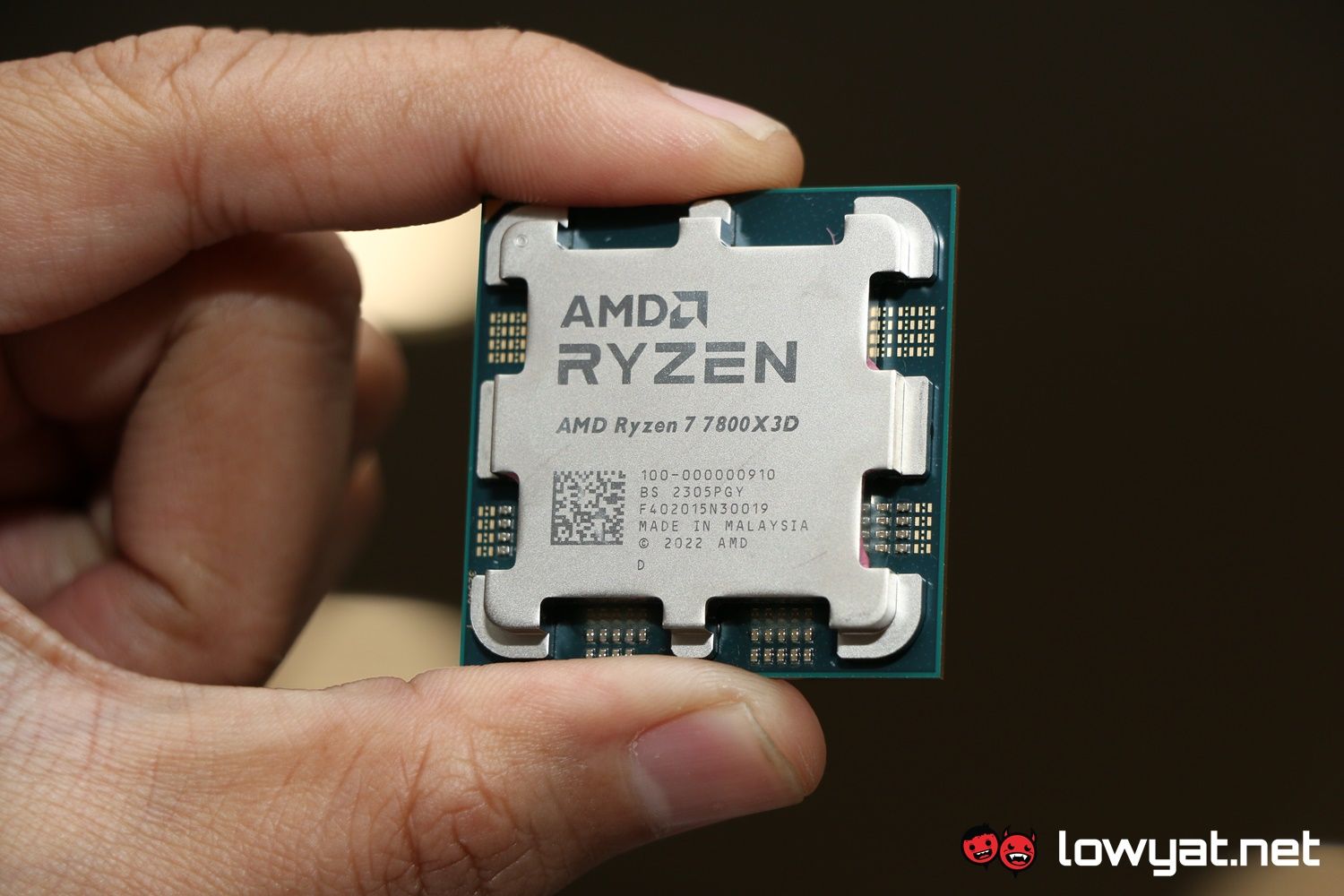AMD will be changing the way it makes all future Ryzen processors, moving forward. The CPU and GPU maker has confirmed that, like Intel, it will be adopting a hybrid design for its processors.
The decision to adopt a new CPU architecture was confirmed by Tom’s Hardware, who spoke to Mark Papermaster, CTO of AMD, on the sidelines at ITF World. When the tech site asked him about its history with core counts and if 16-cores was going to be the “sweet spot” for the Ryzen consumer segment, Papermaster said that the company has already started deviating from tradition since its began using dedicated AI hardware with its Ryzen 7040U Series mobile processors.

Papermaster goes on to say that AMD is looking at the possibility of playing around with the idea of mixing high-performance cores with more power-efficient cores in future Ryzen CPUs, and that it is no longer about core density. “So where, Paul, we’re moving to now is not just variations in core density, but variations in the type of core, and how you configure the cores. It’s not only how you’ve optimized for either performance or energy efficiency, but stacked cache for applications that can take advantage of it, and accelerators that you put around it.”
Again, that statement sounds like AMD is taking a page out of Intel’s playbook, when the blue chipmaker shifted away from the norm with its 12th generation Alder Lake CPU lineup and started using the big.LITTLE core configuration, introducing the P-Cores and E-Cores to the world. Having said that, it should be noted that the configuration that AMD wants to use for its future Ryzen CPUs is unclear. For that matter, it is also unclear if we will be seeing said Ryzen CPUs with the Zen 5 architecture or if the chipmaker has plans on integrating it with its 3D V-Cache chiplet technology too.
(Source: Tom’s Hardware, Extreme Tech)
Follow us on Instagram, Facebook, Twitter or Telegram for more updates and breaking news.


